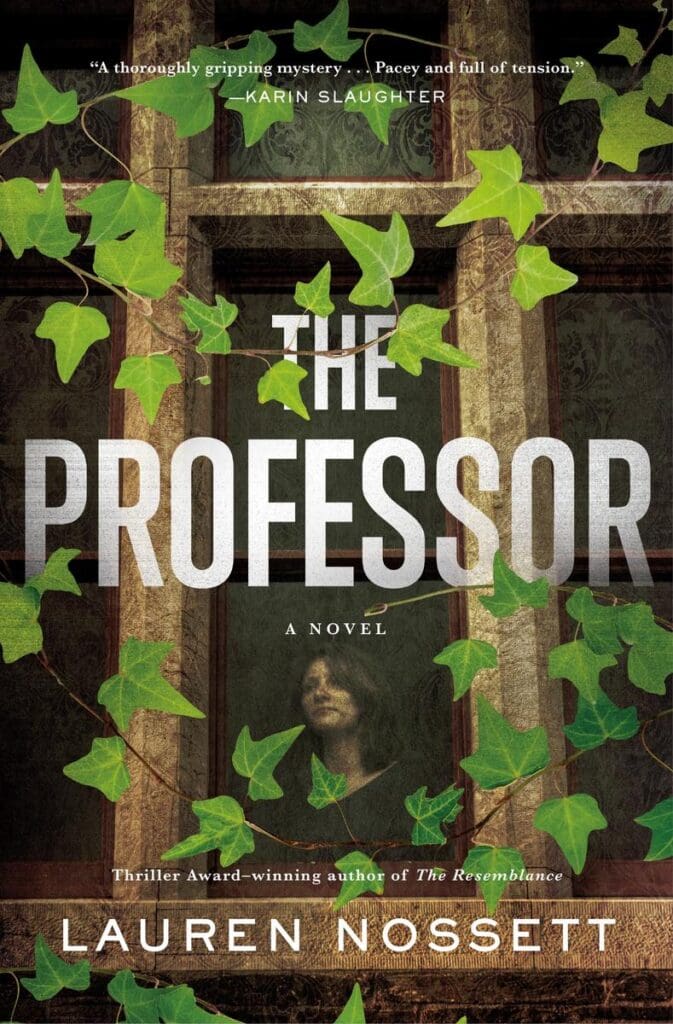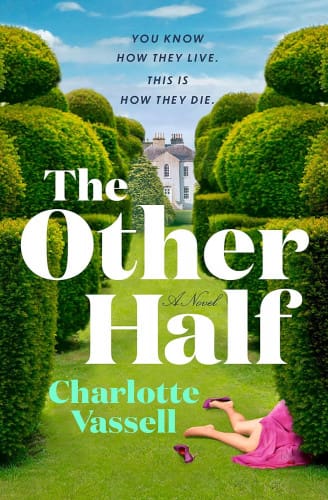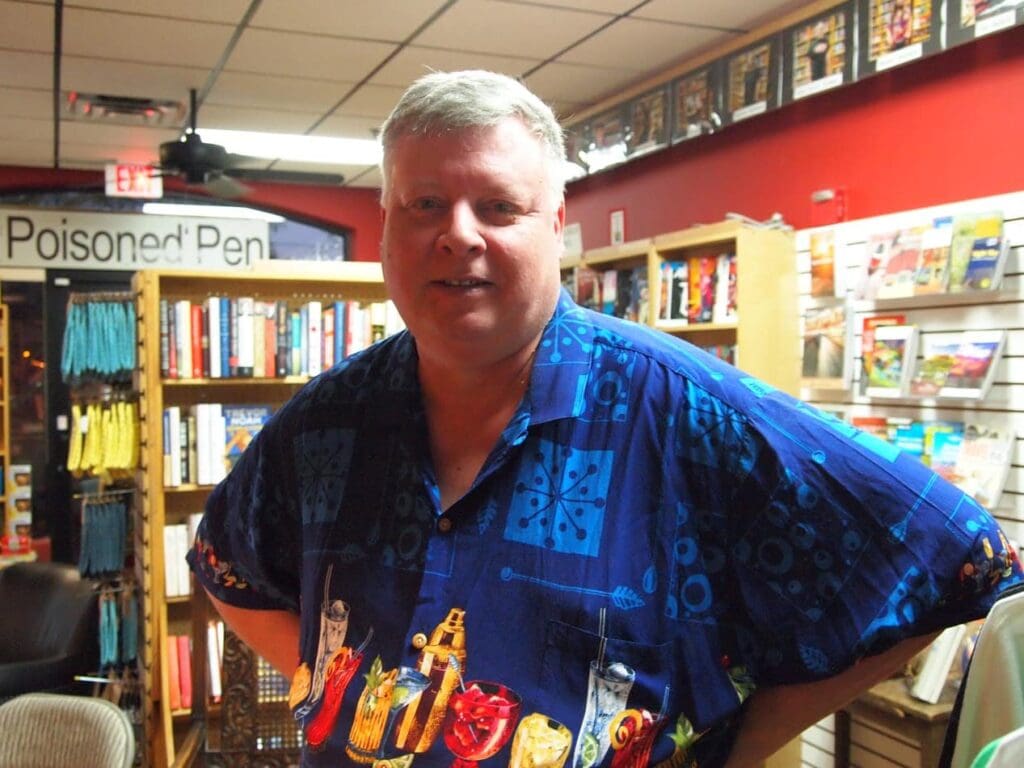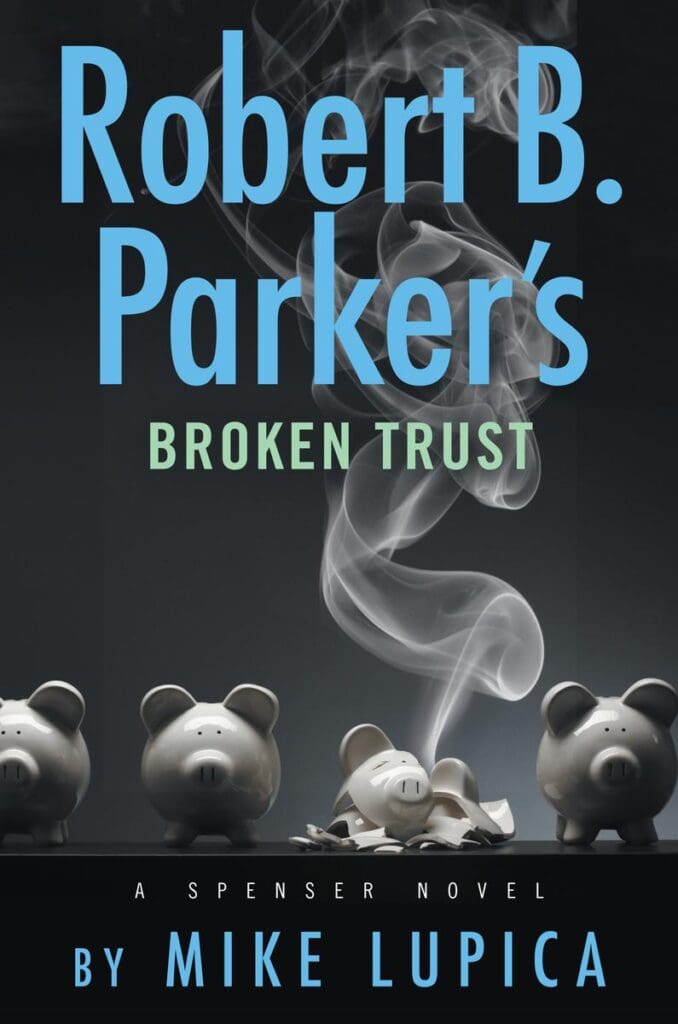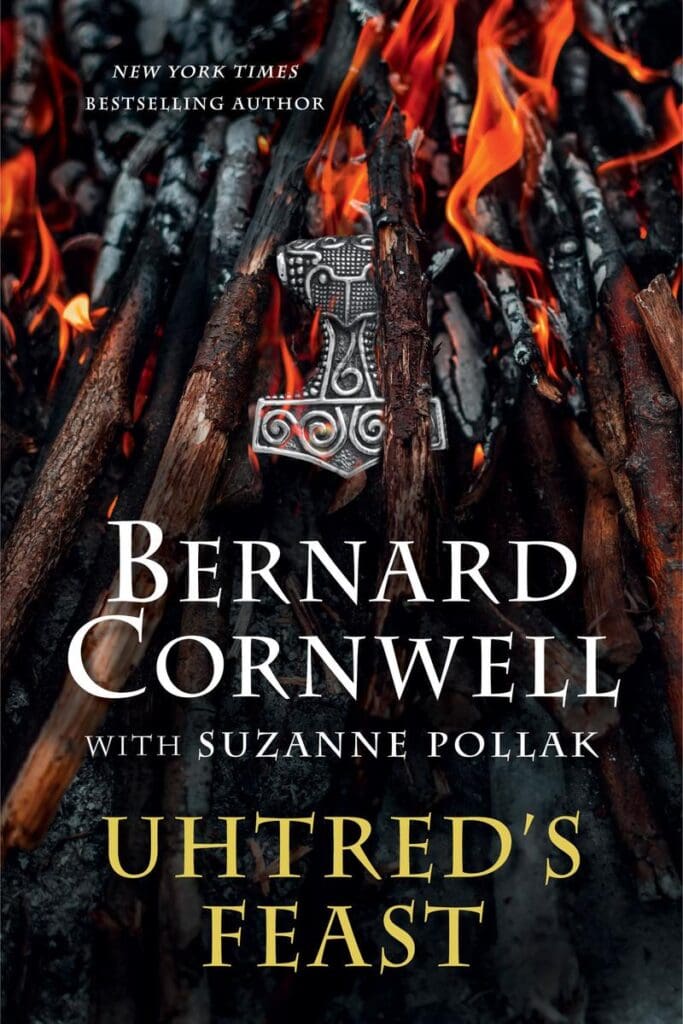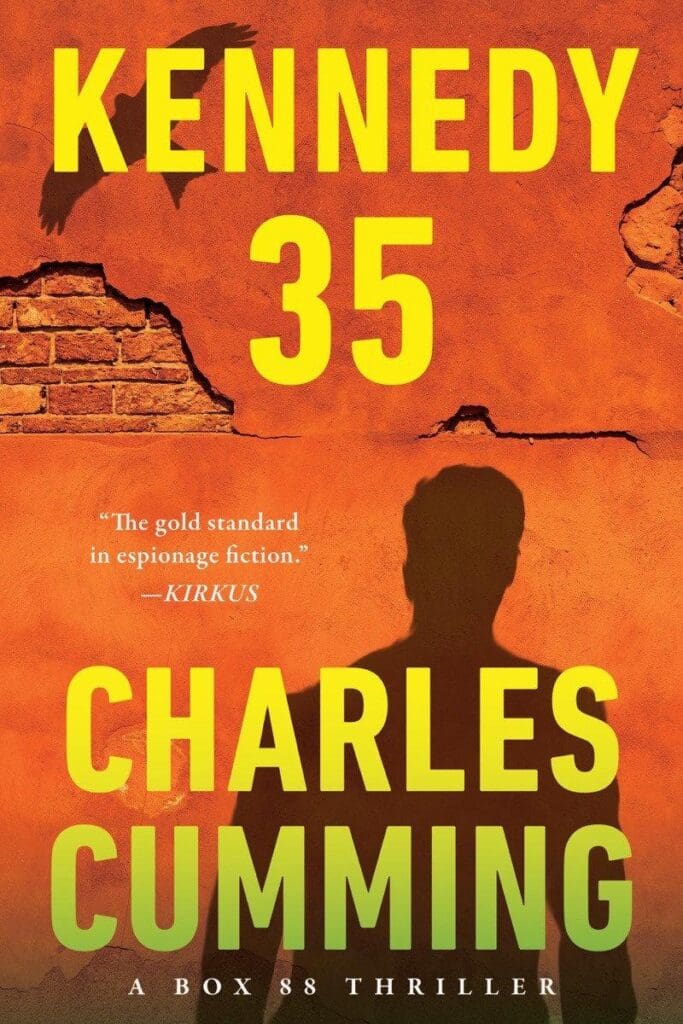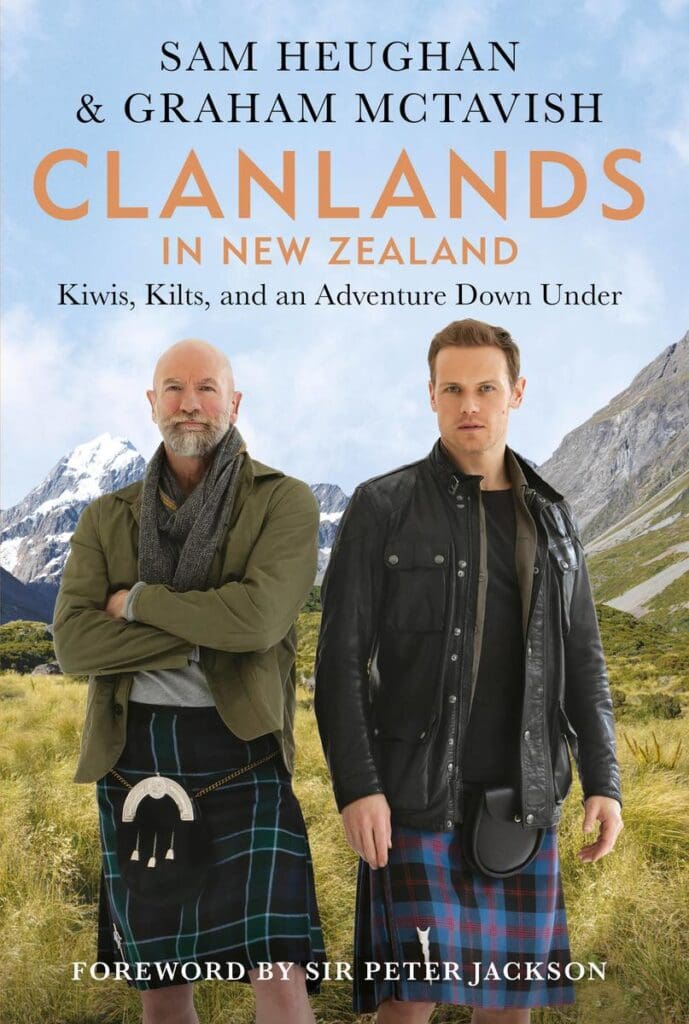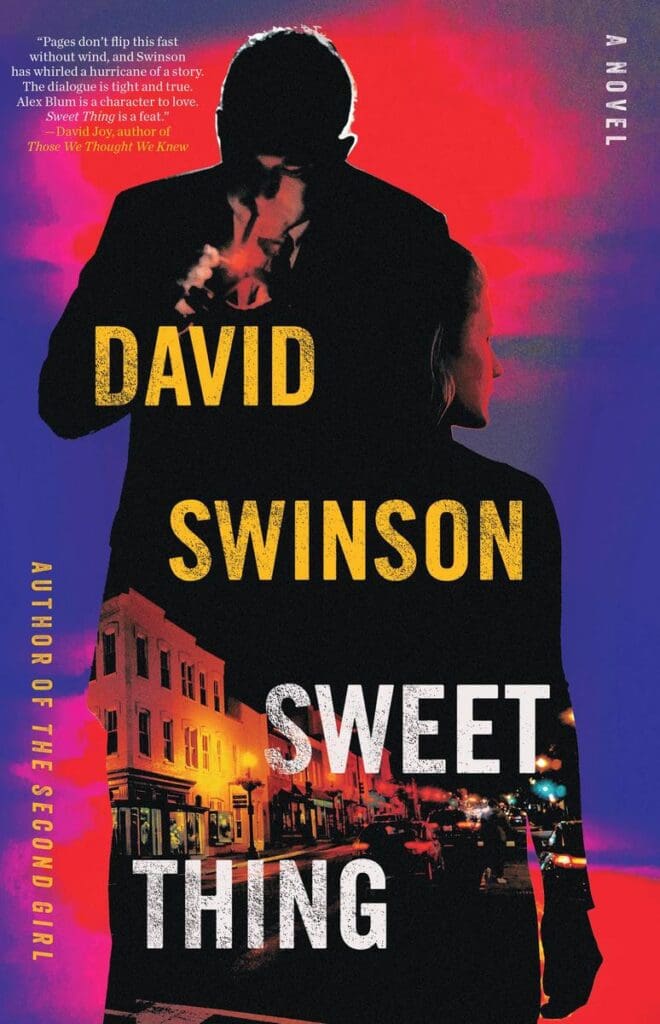Barbara Peters, owner of The Poisoned Pen, recently welcomed Lauren Nossett to talk about her latest novel, The Professor. Nossett said it’s a novel about student/faculty relationships. You can order a signed copy through the Webstore. https://bit.ly/3GoygzK
Here’s the description of The Professor.
“The Professor is a thoroughly gripping mystery about power, ambition, and the lengths we will go to in order to succeed. Pacey and full of tension, this one will stick with you long after THE END.” –New York Times and #1 International Bestselling author, Karin Slaughter
For fans of Tana French, The Professor investigates the darkest corners of academic life: ambition, lies, and obsession.
On a spring afternoon in Athens, Georgia, Ethan Haddock is discovered in his apartment, dead, apparently by his own hand. His fatality immediately garners media attention: not because his death reflects the troubling increase of depression and mental health issues among college students, but because the media has caught the whiff of a scandal. His professor, Dr. Verena Sobek, has been taken in for questioning, and there are rumors his death is the result of a bad romance. A Title IX investigation is opened, the professor is suspended, and social media crusaders and trolls alike are out for blood.
Marlitt Kaplan never investigated love affairs. A former detective turned research assistant, she misses the excitement of her old job, but most of all the friendship of her partner, Teddy. When her mother, a professor at the university and colleague of the accused professor, asks for her help, she finds herself in the impossible position of proving something didn’t happen. Without the credentials to interview suspects or access phone records, she will have to get closer to a victim’s life than ever before. And she quickly finds herself in his apartment, having dinner with his roommates, even sleeping in his bed. But is she too close to see the truth?
In her relentless pursuit to uncover the mystery behind Ethan’s death, Marlitt will be forced to confront the power structures ingrained in the classroom against the backdrop of a historic campus and an institution that sometimes fails its most vulnerable members.
Lauren Nossett is a professor of German language and literature. Her scholarly work has appeared in journals and edited volumes. She attended the Tin House Summer Writers’ Workshop in 2015 and 2017. The Resemblance is her first novel. She currently lives in Atlanta, Georgia.
Enjoy the conversation.

